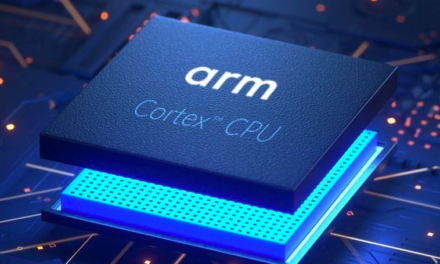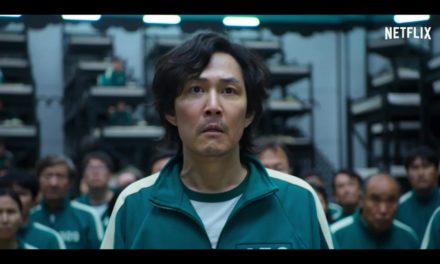- The US Supreme Court has sided with Google in its 10-year legal dispute with Oracle.
- The battle ensued over Google’s use of Java code, which Oracle developed.
- The court ruled 6-2 that Google “did not violate the copyright law.”
The US Supreme court ruled in favour of Google in its high-profile legal battle against Oracle over the claims of Java copyright violation.
The court ruled on 6-2, siding with Google on using the Java code developed by Oracle under fair-use provisions. Thereby, it did not violate the US copyright law.
This momentous ruling is a substantial win for Google and the entire software industry. However, Oracle views the judgement as a blatant influence of a monopolist.
The Ending of a Decade-Old Fight
The ruling ended a decade-old legal battle between the two tech companies.
In review, Oracle filed a lawsuit against Google in 2010 over copyright and patent infringement in the District Court for Northern District of California. The lower court had previously decided on infringed copyright until the Supreme court overturned the ruling letting Google off the hook.
The legal dispute revolves around Oracle’s claims that Google used parts of the Java Programming Language API in building the early versions of the Android OS. The Java API is a widely used fundamental component for programmers.
Oracle stressed that these critical pieces are copyrightable. Thereby, Google should have taken legal actions to secure a license or legal permission from Oracle, which currently holds the ownership for the Java Framework. Google is firm in justifying that its usage of Java accounts for fair use.
The ruling set law pundits and industry experts abuzz. The court ruling is expected to influence a solid legal precedent on the possibility of copyrighting a specific code. In turn, this could limit software development and distribution in the future.
A Game of Monopoly
Oracle stood its ground that the APIs used by Google was copyrightable. The database management company asserted that Google “stole Java” and invested heavily in litigation, as would any monopolist.
They also added that since the Google platform expanded and its market power grown exponentially, they created higher barriers for entry and diminished the ability of other companies to compete.
Oracle also called out Google for its behaviour and questionable business practices that led to close examination from the regulatory authorities in the US and worldwide.
A Nod from Other Software Giants
Kent Walker, Google’s senior vice president of global affairs, released a statement painting the court judgement as a win for the future of computer science and innovation in general.
He stated that the ruling secured “legal certainty to the next generation of developers” for whom consumers will significantly benefit from new software and services.
He also thanked organizations such as the National Consumers League and American Library Association, along with established companies, start-ups, leading US software engineers, and copyright scholars for their support during the entirety of the legal battle.
Other major tech companies also expressed their support for Google, like tech giants IBM and Microsoft.
In a statement released by IBM, they reiterated that “computer interfaces are not copyrightable”. This tenet has been a foundation of technological and economic development for more than 60 years.














